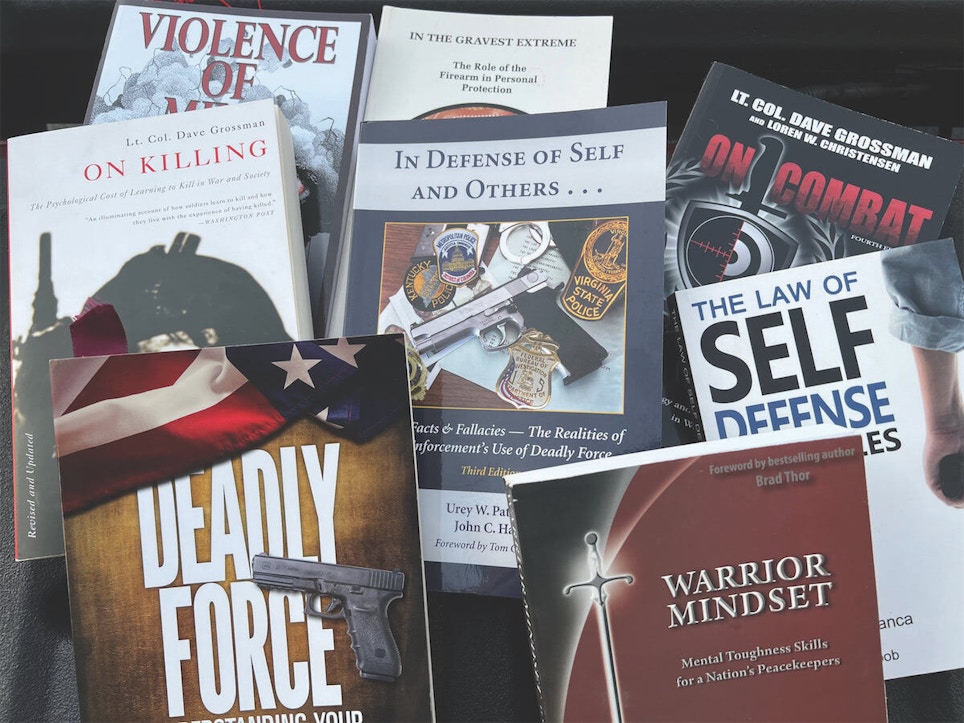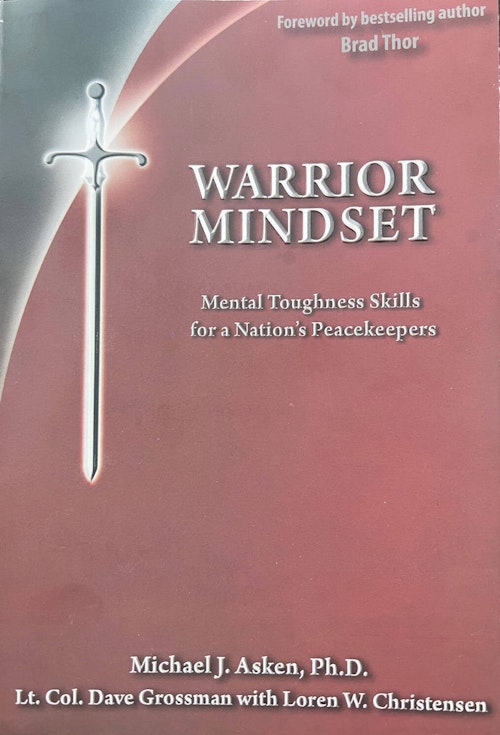Like it or not, the fact that you stand behind the counter at a gun store means people are going to look at you as a credible source of information. This might seem like a good thing, but it’s a double-edged sword. Get it right, and you’ll be the go-to guy. Get it wrong, and you’ll risk losing business and reputation.
Nobody wants to be the latter, so the best practice, when asked, is to cite only those things that you know are correct. Unfortunately, there are so many sources of bad information available today that it can seem difficult to verify what is fact versus just rumor or even intentional misinformation. Now that everyone and his brother seems to have a YouTube channel, anyone can offer the impression of credibility through fancy production and tons of followers. It’s easy to get suckered in by personality. How do you find credible information and facts?
The obvious source for information on products is from the companies that make them. Company brochures, catalogs and manufacturer websites all offer great sources of information about product specifics as well as the benefits that their products provide. All of this is free, and 90% of it is great. You just have to learn to separate the marketing from the facts. Another option is to take a training course. There are a ton of great instructors providing top-notch training. You don’t have to go to one of the nationally recognized gun schools, but there is a reason why they have such great reputations — the instruction is worth it.
There’s a lot to be said for live instruction by a recognized authority in the business. The benefits will go far beyond just the specific instruction received. You’ll be exposed to all varieties of equipment and can talk to experienced shooters and instructors about why they chose their specific gear. You’ll learn different ways to communicate information to your customers. That alone is worth the price of admission. And you’ll also start building a network of like-minded people whom you can trust and share information with.
You’ll find that most of the nationally recognized instructors have a couple things in common. First, these instructors have seen thousands of students and innumerable equipment choices. You’ll learn fast what works and what doesn’t. More importantly, you’ll learn the why behind their answers. This is pure gold since you’re going to hear answers to most, if not all, of the questions that typical customers ask at the counter. Second, most of them can trace their lineage back to the true pioneers in the industry — names like Jeff Cooper, Rex Applegate and others. In other words, they go back to the original creators of what we now call modern handgunning. This gets you as close to the original information as possible. You’ll find most of what mattered then is still what matters today. You’ll also see that excellent shooting isn’t dependent on having the latest equipment and gadgets.
Even if you didn’t know these pioneers and haven’t had the opportunity to train with any of their successors, all is not lost. There are many great sources of information available. If this is going to be your line of work, I suggest that you read some of the seminal books written by or about them. These can serve as a firm foundation and prove vital to your education. Fighting Handguns by Jeff Cooper, Guns, Bullets, and Gunfights by Jim Cirillo, Bullseyes Don’t Shoot Back by Rex Applegate, and The Complete Book of Combat Handgunning by Chuck Taylor are just a sample of the classics.
In addition, there are plenty of more recent publications containing great information.
Michael Askins
Warrior Mindset
Although written mainly for the peace officer, this book covers the many aspects behind the psychology involved when force is used. These principles apply equally well to the armed citizen who uses firearms for protection. It provides ways to increase mental toughness necessary for survival before, during and after encountering deadly force.
Masaad Ayoob
In the Gravest Extreme
This book was published in 1980 and covers many aspects of firearms used in personal protection. Everything from choosing a self-defense gun and selecting the right caliber to the use of the gun in the home, automobile and business. While there have been more modern books published since then, this is still a highly useful book worth the time reading.
Massad Ayoob
Deadly Force: Understanding Your Right to Self Defense
Published in 2014, this book covers the legal aspects of self-defense law and how to prepare for the ever-increasing likelihood that you could be charged criminally for a use-of-force incident, even if you did everything right. If you’re going to own a gun for personal protection, it is imperative that you understand the potential legal jeopardy involved as well as the principles involved in a legal defense to those charges.
Andrew Branca's
The Law of Self-Defense Principles
Branca’s book serves as the primer on self-defense law and the principles on which it is based. The book is short and sweet, but it provides more legal education concerning self-defense law than most lawyers have upon completing law school. The goal behind the information is to make yourself “hard to convict” because you understand what is legal and stick to those core principles that have endured the test of time.
Dave Grossman
On Combat
On Combat is a comprehensive look at what happens when those who take on the role of protector encounter the use of deadly force, whether in combat as a member of the military, on the street as a sworn police officer, or as an average citizen who happens to be in the wrong place at the wrong time. Understanding what happens in real-world encounters helps the mind and body prepare should the worst happen.
These books will not make you an instant expert on any of the topics covered. What they will do is provide a deep and wide survey that covers most of the issues related to self-defense that are crucial for the gun salesman to understand. They cover the topics that are on most gun buyers’ minds when they purchase guns for personal protection. The more you know about them, the better you’ll be able to speak to the customers’ motivations behind their purchases.
Whether it’s knowing the benefits of the H&K-style magazine release, understanding how to relate complex topics into understandable terms that customers can relate to, or the ability to talk about physiological reactions that occur under extreme stress, it is important that you be able to relate accurate information to your customers. Your reputation and the reputation of your store demand that you be educated.
Your role as a gun salesman automatically conveys that you’re a trusted source of information. Make the most of it.







